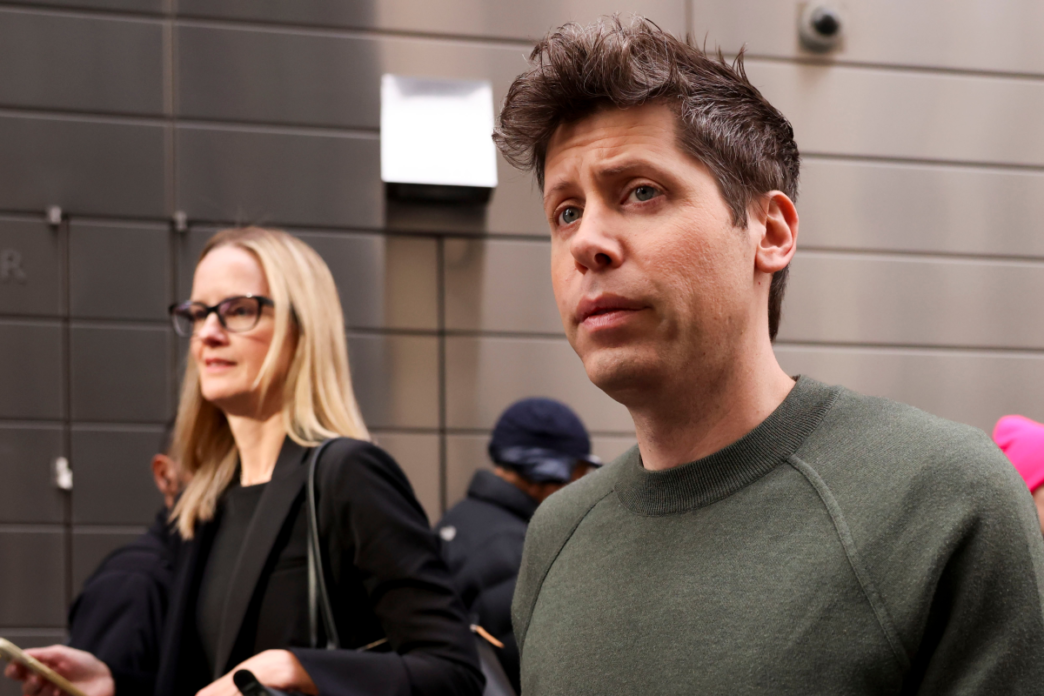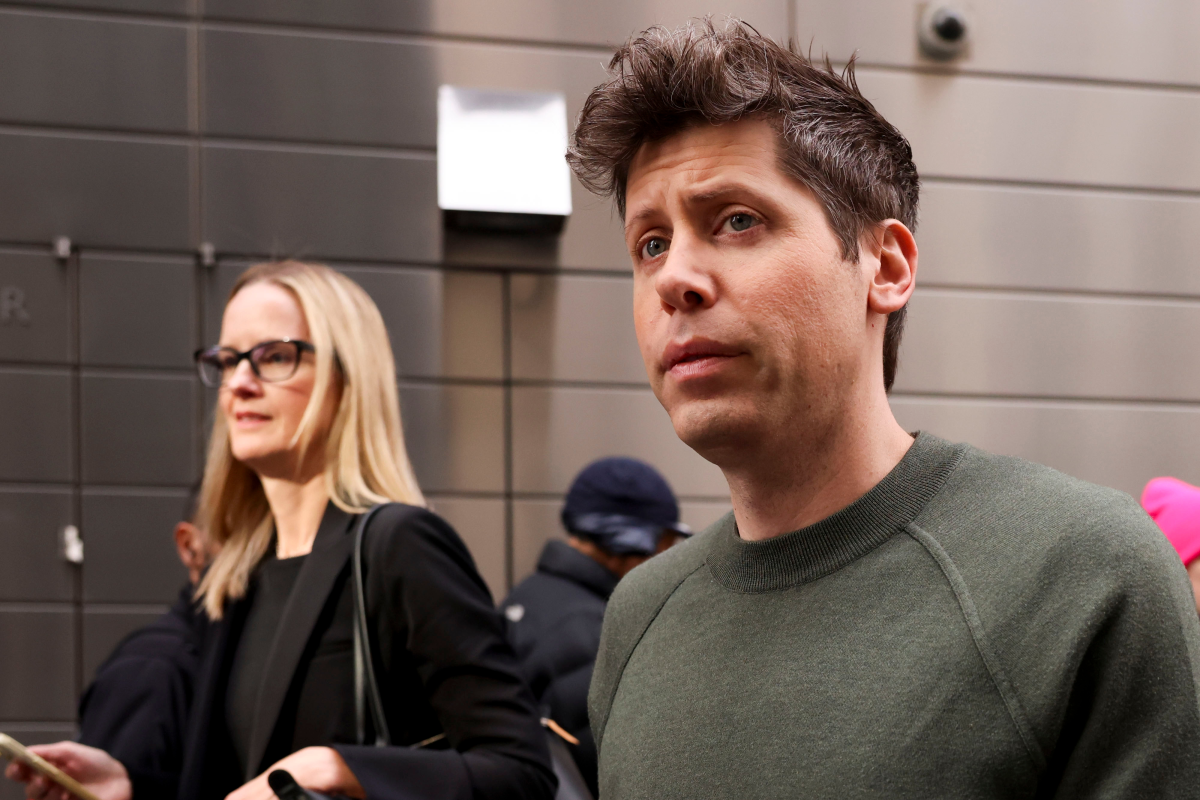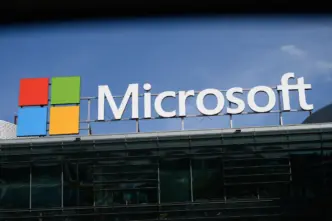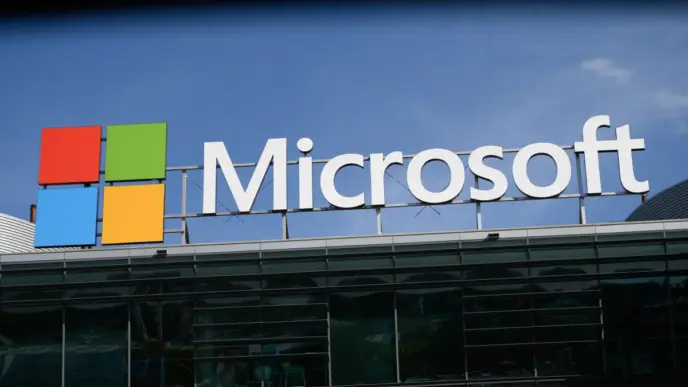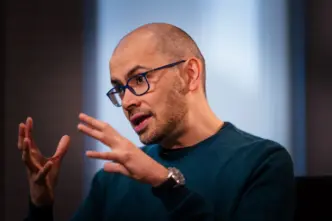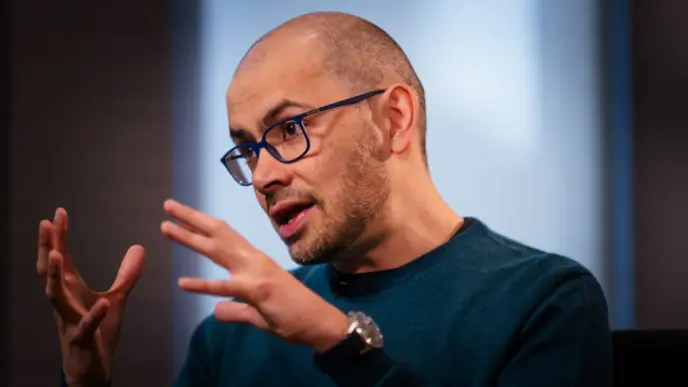Le PDG d’OpenAI, Sam Altman, s’est présenté devant le Congrès en 2023 pour témoigner des dangers de l’IA. Il a déclaré aux législateurs américains de l’époque qu’il ne détenait aucune part dans OpenAI , ce qu’il a dit à plusieurs reprises, affirmant qu’il dirigeait simplement l’entreprise parce qu’il l’aimait.
Cependant, Altman a récemment déclaré qu’il avait effectivement détenu des parts dans OpenAI à un moment donné via un fonds Sequoia, une participation qu’il a depuis vendue. Dans une interview avec Bari Weiss publiée jeudi, on a demandé à Altman quel type de participation il pourrait avoir si OpenAI se transformait avec succès en une entreprise à but lucratif.
Voici ce qu’a déclaré le PDG d’OpenAI :
J’ai une petite part de capital provenant d’un ancien fonds YC (j’en avais auparavant via un fonds Sequoia, mais celui-ci s’est avéré plus facile à vendre et à ne pas conserver la position), donc j’ai une très petite part qui est assez insignifiante pour moi. En termes de ce que j’aurai ou n’aurai pas à l’avenir, je ne sais pas. Je n’ai actuellement aucun plan ou promesse d’obtenir quoi que ce soit.
Si l’investissement d’Altman via Y Combinator était connu, son investissement via Sequoia ne l’était pas. OpenAI révèle sur son site Internet l’investissement indirect d’Altman dans sa propre entreprise via YC . La startup affirme que ce « petit investissement » est le « seul intérêt » du PDG dans l’entreprise et qu’il a été réalisé avant qu’il ne travaille à plein temps chez OpenAI.
Sequoia a investi pour la première fois dans OpenAI en 2021, selon son site Internet , deux ans après qu’Altman soit devenu le PDG à temps plein d’OpenAI. À cette époque, OpenAI valait environ 14 milliards de dollars, une valorisation qui a explosé à 157 milliards de dollars après le dernier tour de financement de la startup plus tôt cette année – un tour auquel Sequoia a également participé.
Bien que la participation de Sequoia dans OpenAI de 2021 vaille désormais beaucoup plus cher, plusieurs inconnues subsistent concernant l’investissement d’Altman par l’intermédiaire de la société de capital-risque. Les sociétés de capital-risque comme Sequoia ne sont pas tenues de divulguer le nom de leurs investisseurs commanditaires. On ne sait pas exactement quand Altman a vendu sa participation et pour combien.
An OpenAI spokesperson confirmed Altman’s prior exposure in a statement to TechCrunch, but did not offer specifics on these aspects.
“Sam has never had any direct ownership in OpenAI. He held a negligible stake, less than a fraction of a percent, in a general Sequoia fund with a broad portfolio, which he later learned included minimal exposure to OpenAI,” said OpenAI spokesperson Kayla Wood in a statement to TechCrunch. “Sam no longer has any ongoing commitments to the fund.”
Most CEOs do have equity in the companies they run. The biggest percentage of a CEO’s pay if they are running a public company is equity. And of course, startup founders start their journey owning all of the equity in their companies, until they grant shares to employees and sell off chunks to investors. But OpenAI was founded as a nonprofit, has a strange structure, and Altman has repeatedly said he doesn’t own any. Just this month, Altman said he had no equity in OpenAI during The New York Times’ DealBook Summit.
During a May interview with the All In podcast, the OpenAI CEO said he originally decided to not take equity in the company because of its corporate structure. According to its charter, OpenAI’s nonprofit board is required to be filled with a majority of independent directors, meaning they can’t have equity in the company. Altman says this led him to not take any equity, in order to be one of those independent directors. However, this has caused many people to question the CEO’s motives at the company, Altman said, which is likely one reason the company is shifting away from this structure.
Altman’s stake in OpenAI has also become increasingly relevant as the company attempts to transition its for-profit branch, which is currently controlled by the nonprofit board, into an independent company. OpenAI is also reportedly contemplating granting the CEO some equity in this transition, though the company and Altman have denied that there are related plans.
OpenAI’s for-profit transition is currently at risk of being held up by Elon Musk’s lawsuit against the startup. At its core, Musk’s lawsuit claims that OpenAI is abandoning its original nonprofit mission to make the fruits of its AI research available to all. However, OpenAI recently claimed that Musk wanted to convert the startup into a for-profit from the start.
At one point in Altman’s interview with Weiss, the OpenAI CEO called Elon Musk a “bully” who “clearly likes to get in fights.” At another point, Altman lashed out at Meta for asking California’s attorney general to block OpenAI’s for-profit transition.
« Je ne sais pas pourquoi Meta a envoyé cette lettre, mais je sais qu’ils savent que ce n’est pas comme ça que ça fonctionne. Je sais que cette partie est de mauvaise foi », a déclaré Altman. « Vous pouvez imaginer de nombreuses autres raisons pour lesquelles Meta aurait pu envoyer cette lettre. Vous pouvez imaginer qu’ils voulaient s’attirer les faveurs d’Elon, vous pouvez imaginer qu’ils pensaient que cela les aiderait à rivaliser avec nous. »
Bien que la société affirme que l’exposition d’Altman à OpenAI via Sequoia était négligeable, il est difficile de concilier les commentaires d’Altman sur le fait de ne pas avoir de participation dans OpenAI avec ses remarques les plus récentes sur le podcast de Weiss.
